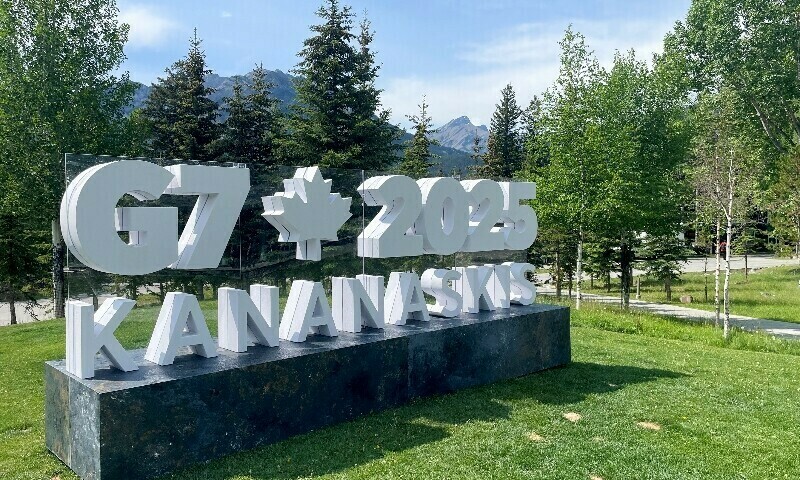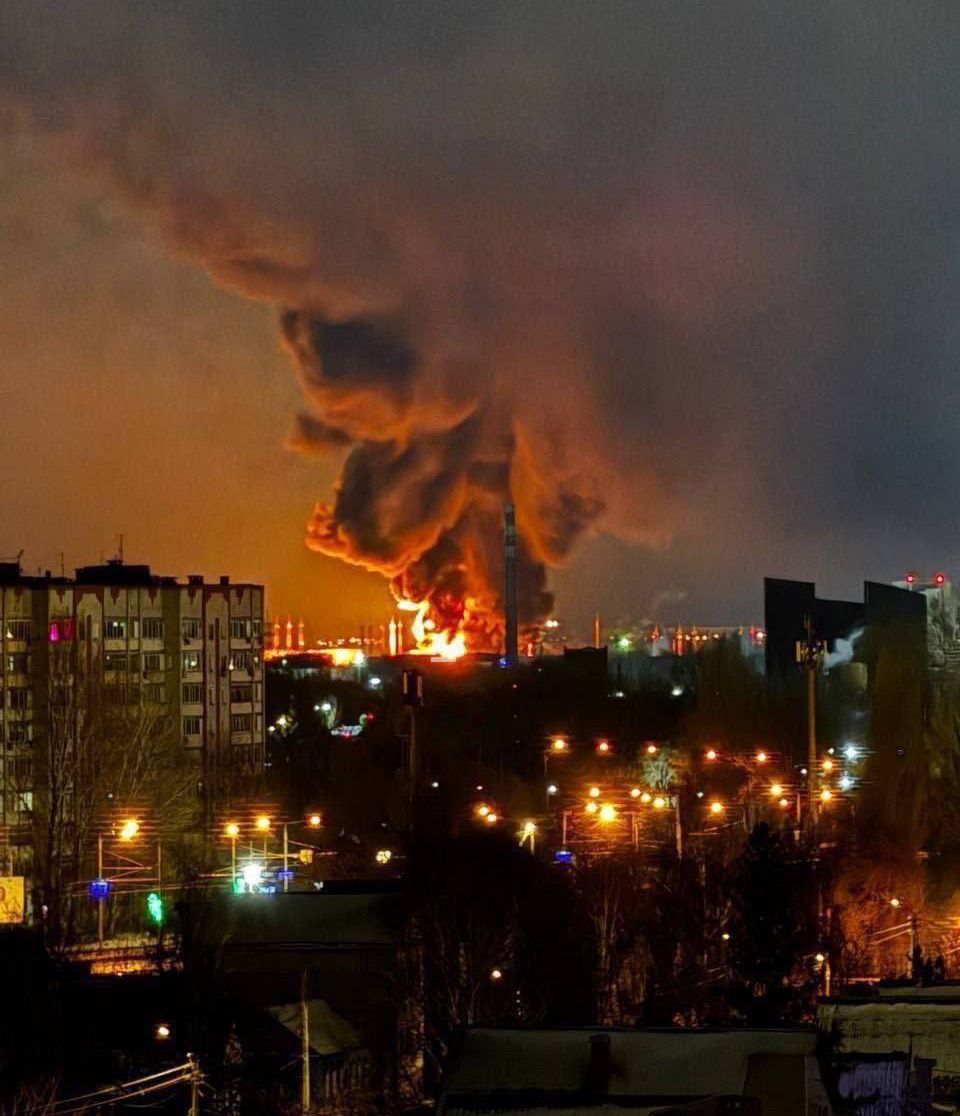This visit is more than just politics—it’s personal. Saudi Arabia holds a special place in Trump’s foreign policy playbook, having been his very first international stop back in 2017. Now, eight years later, he returns with familiar confidence and fresh ambition.
“I’ve always believed in the potential of this region,” Trump said to reporters before departing. “And when you invest in each other, great things can happen.”
Much of the trip’s focus will be behind closed doors—deep conversations about Iran’s nuclear ambitions, the lingering Gaza conflict, and how to maintain stability in global energy markets. But there’s also a forward-looking economic agenda. Trump is expected to reaffirm massive investment pledges from the kingdom, including a projected $600 billion to support American industries over the next four years.
Beyond policy, Trump’s visit carries a strong business overtone. Riyadh is hosting a major U.S.-Saudi investment summit, bringing together influential voices such as Nvidia CEO Jensen Huang, Palantir’s Alex Karp, BlackRock’s Larry Fink, and Uber’s Dara Khosrowshahi, among others. Trump’s presence adds gravity to the event, as his administration pushes to forge deeper economic alliances with Gulf nations.
The trip will also include stops in Qatar and the UAE. He will be joined by Secretary of State Marco Rubio and Defense Secretary Pete Hegseth. One meaningful moment will come in Qatar, where Trump is expected to visit American troops stationed at the U.S. airbase—a gesture of solidarity and gratitude.
Notably absent from this trip is Israel—a departure from his first term itinerary, though officials say the focus remains on building broad regional alliances. White House Press Secretary Karoline Leavitt emphasized that this journey is a continuation of Trump’s “peace through strength” approach, pointing to the Abraham Accords as a foundation for new dialogues.
And in a surprising turn, Qatar’s royal family is said to be donating a luxury aircraft for President Trump’s future presidential library—a symbolic gift marking a relationship that has deepened with time.
“This trip isn’t just about deals and diplomacy,” Leavitt said. “It’s about defining the next chapter—one where mutual respect, cultural exchange, and economic opportunity pave the way for peace.”
As Trump continues his journey, there’s a sense that he’s not just revisiting old ground—he’s writing a new chapter for America’s role in the Middle East.




